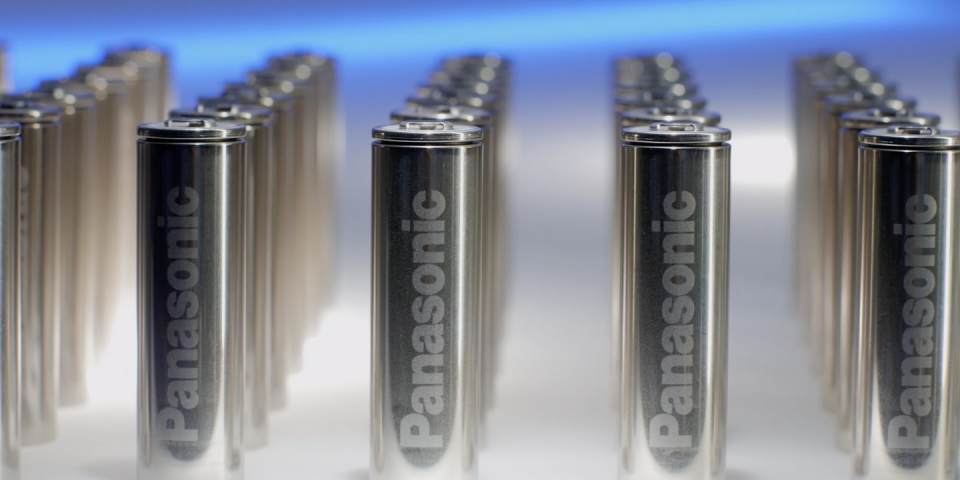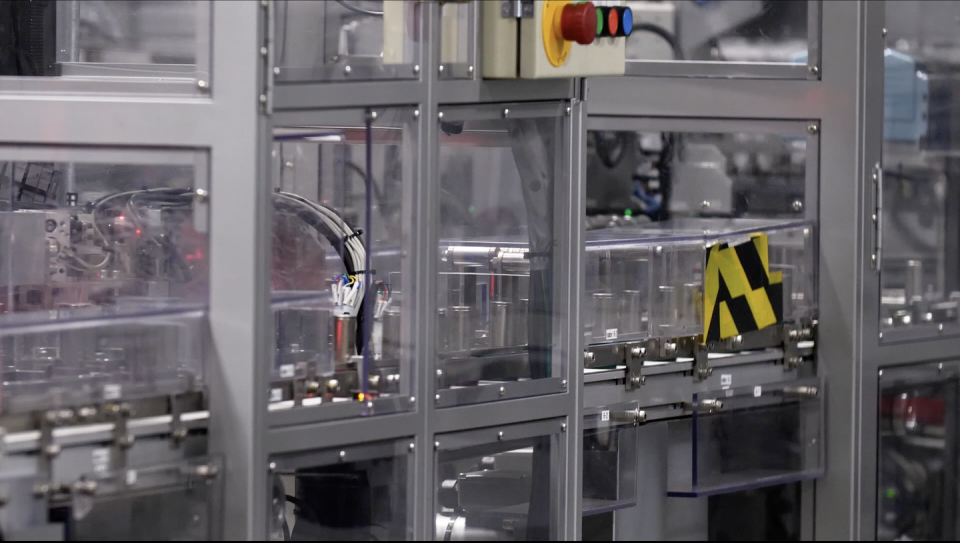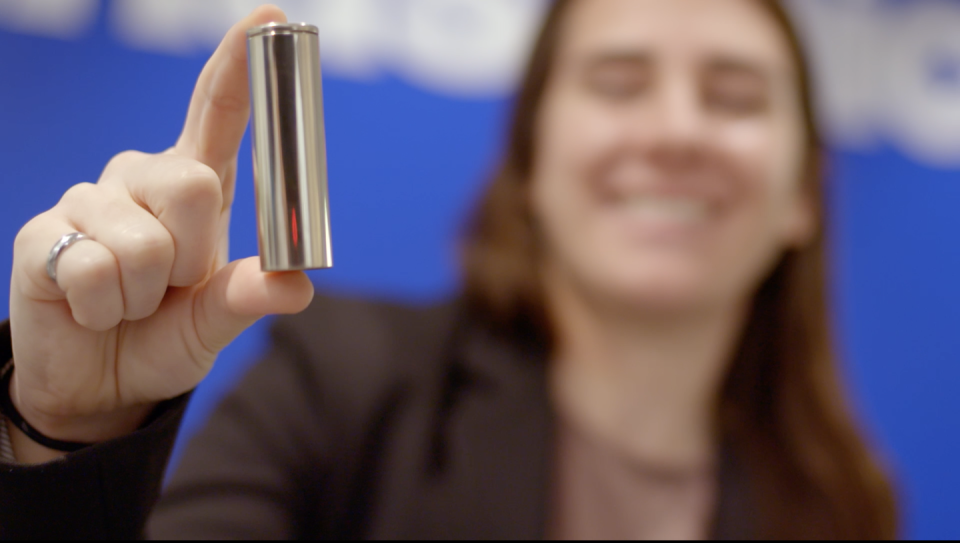Kansas City Lands Panasonic’s Second Giant US EV Battery Factory

Japanese multinational electronics company Panasonic is set to build a new lithium-ion battery plant near Kansas City.
The facility represents a $4 billion investment and will create up to 4000 jobs.
The Kansas plant is expected to produce Tesla-designed next-generation 4680 cells and supply the carmaker’s factory in Texas.
Panasonic announced July 13 that it will build a huge new lithium-ion battery plant in DeSoto, Kansas, near Kansas City. The Japanese company said the deal represents a $4 billion investment, and will create up to 4000 jobs at the site. Panasonic Holdings’ corporate board still has to approve the arrangement.
The Kansas plant, to be completed in two years, complements the sprawling 338 million cubic-foot Panasonic Energy North America plant in Sparks, Nevada, which began production five years ago and has shipped six billion battery cells. Also known as the Gigafactory, it was built with and supplies Tesla. The size of the Kansas facility is not yet finalized.
It’s plain that lithium-ion battery production has to ramp up to keep up with EV purchases. In the second quarter, reports Cox Automotive, sales of battery EVs in the US climbed to 196,788, a new high and up 13 percent from the first quarter. In the same period, EV sales were 5.6 percent of the total market, up from 5.3 percent in the first quarter. Going back a year, to Q2 2021, EVs had only 2.7 percent of the market. “With the increased electrification of the automotive market, expanding battery production in the US is critical to help meet demand,” said Kazuo Tadanobu, president and CEO of Panasonic Energy Company LTD.
Tesla will probably be the largest customer for the Kansas factory, but other companies could be supplied as well. Tesla CEO Elon Musk has said that ramping up battery production is critical if EV adoption rates are to continue rising. The Kansas plant is expected to produce Tesla-designed next-generation 4680 cells and supply the carmaker’s factory in Texas. Tesla’s Cybertruck and Semi are expected to be built at “Giga Texas,” as well as the Model 3 and Y.

They’re certainly celebrating in Kansas after the announcement, but not only there. Kansas City is essentially one large metro area with Kansas City, Missouri, and although the tax revenue will go to Kansas, the states collaborated to land the plant—which will draw workers from all over the region.
Beating the competition involved coming together and ending the turf wars between Kansas and Missouri, said Tim Cowden, president and CEO of the Kansas City Area Development Council. “We used to poach each other’s companies, but now we’ve agreed to stop doing that and have a truce,” he said. “We’re focusing on our single metro area, divided by a river. It’s a regional market, with 50 percent of the GDP on either side of the state line.” The metro area has a population of 2.34 million people.
Kansas Lieutenant Governor David Toland told Autoweek that in addition to the 4000 jobs, the factory will also bring in another 4000 via suppliers, and 16,500 temporary construction jobs. “They’re scheduled to start construction later this year,” he said.
Kris Takamoto, executive vice president of Panasonic Energy, cited Kansas’ skilled manufacturing base, its dedication to sustainability, and commitment to growth in renewable energy. Toland said that Kansas is the second largest producer of wind energy in the US. But, he said, landing Panasonic was not a slam-dunk. “We realize there are headwinds, because we are a rectangle state in the middle of the country,” he said. “In some circles, we’re not seen as a contender for these deals. So we had to make an extra effort in order to win, and it worked—we won the big kahuna.”

Cowden said, “The Kansas City area is on a roll,” citing a commitment to host the FIFA World Cup in 2026, and the NFL draft next April. The Wall Street Journal cited Kansas City (both states) earlier this year as the eighth hottest job market in the US.
It’s not just the perception that Kansas City is seen as an “it” city. The legislature, pushed by Kansas Governor Laura Kelly, approved a package of incentives worth as much as $1 billion earlier in 2022. According to Reuters, the Kansas Department of Commerce said the state would reimburse Panasonic with $829 million in subsidies after investment and hiring was completed. Kansas is estimating $2.5 million in economic activity per year from the plant and related activities.
The global EV battery market, which accounted for $46 billion in 21, will grow hugely to $559.87 billion by 2030, said Precedence Research. Whether the growth is that heady or not, a steep increase in demand as the world’s automakers plug in is a virtual certainty.


 Yahoo Autos
Yahoo Autos 